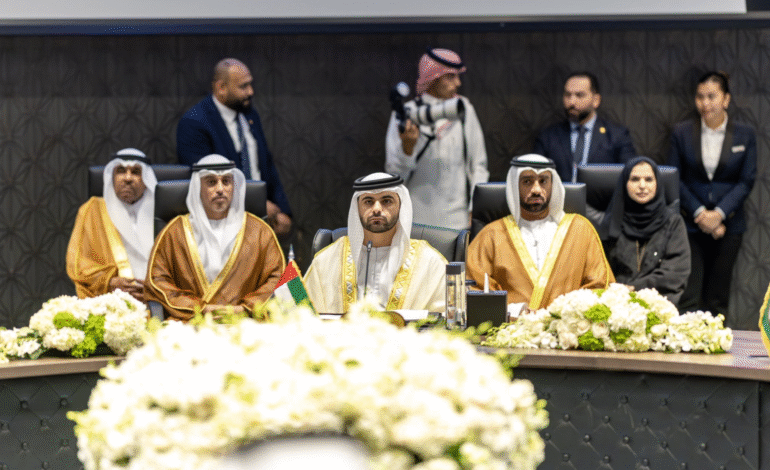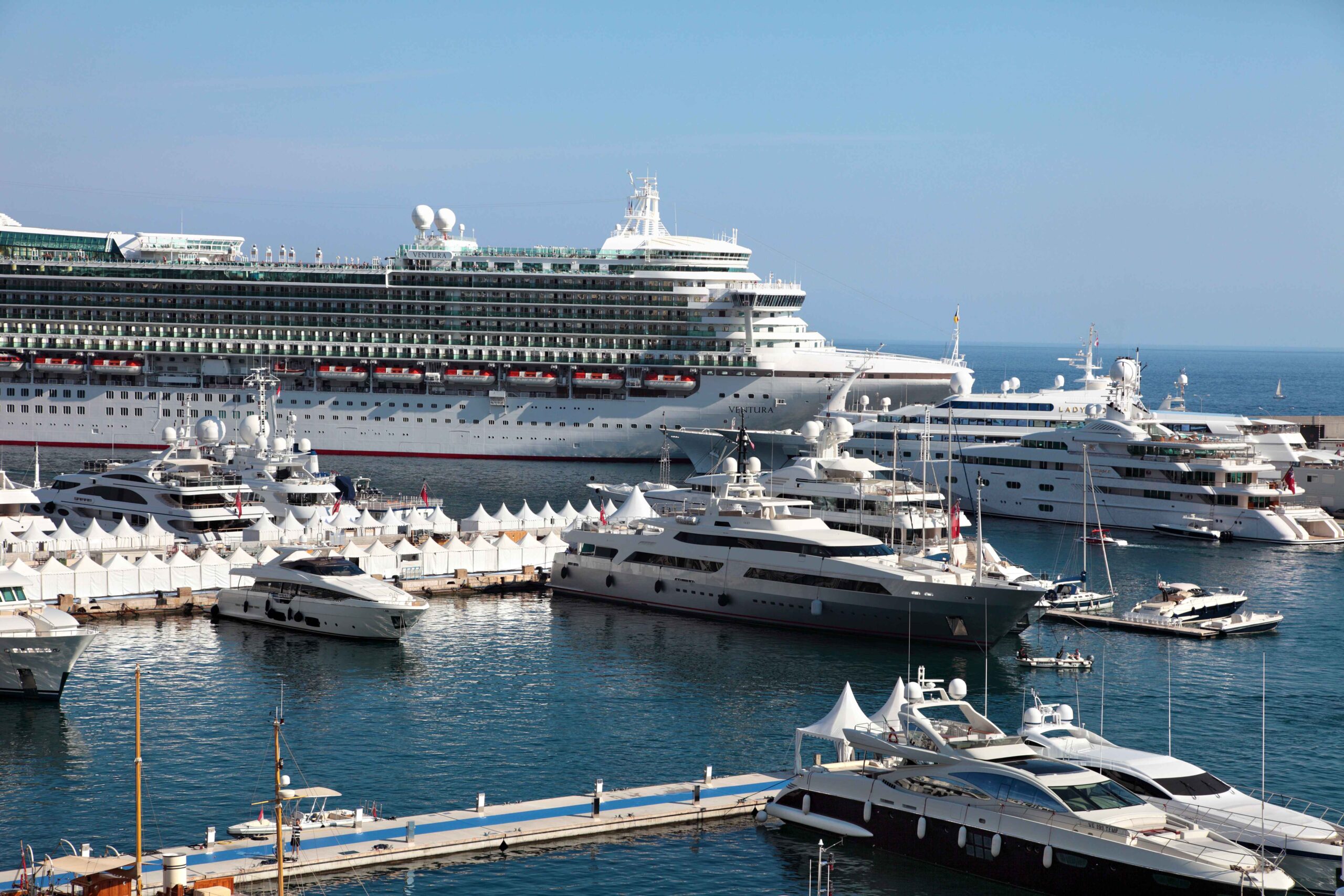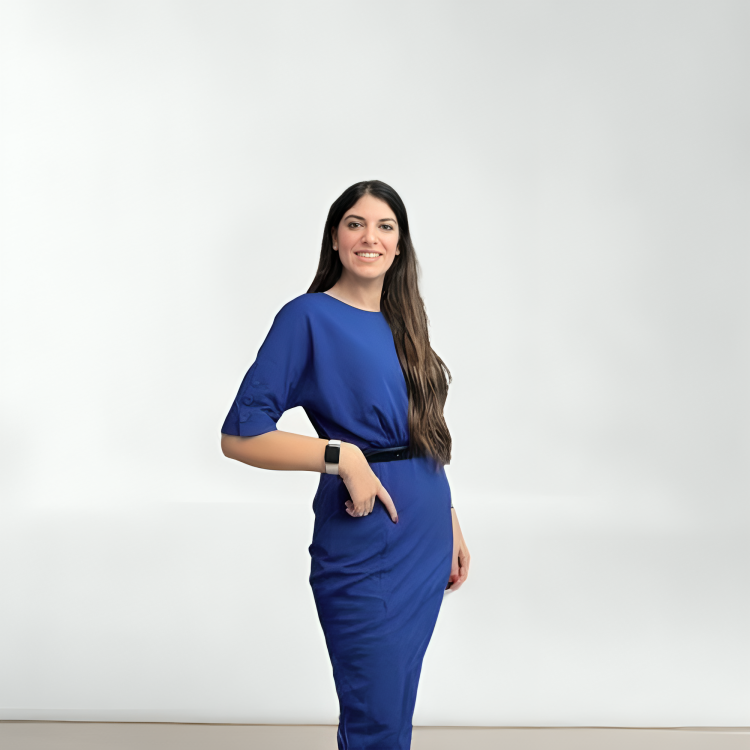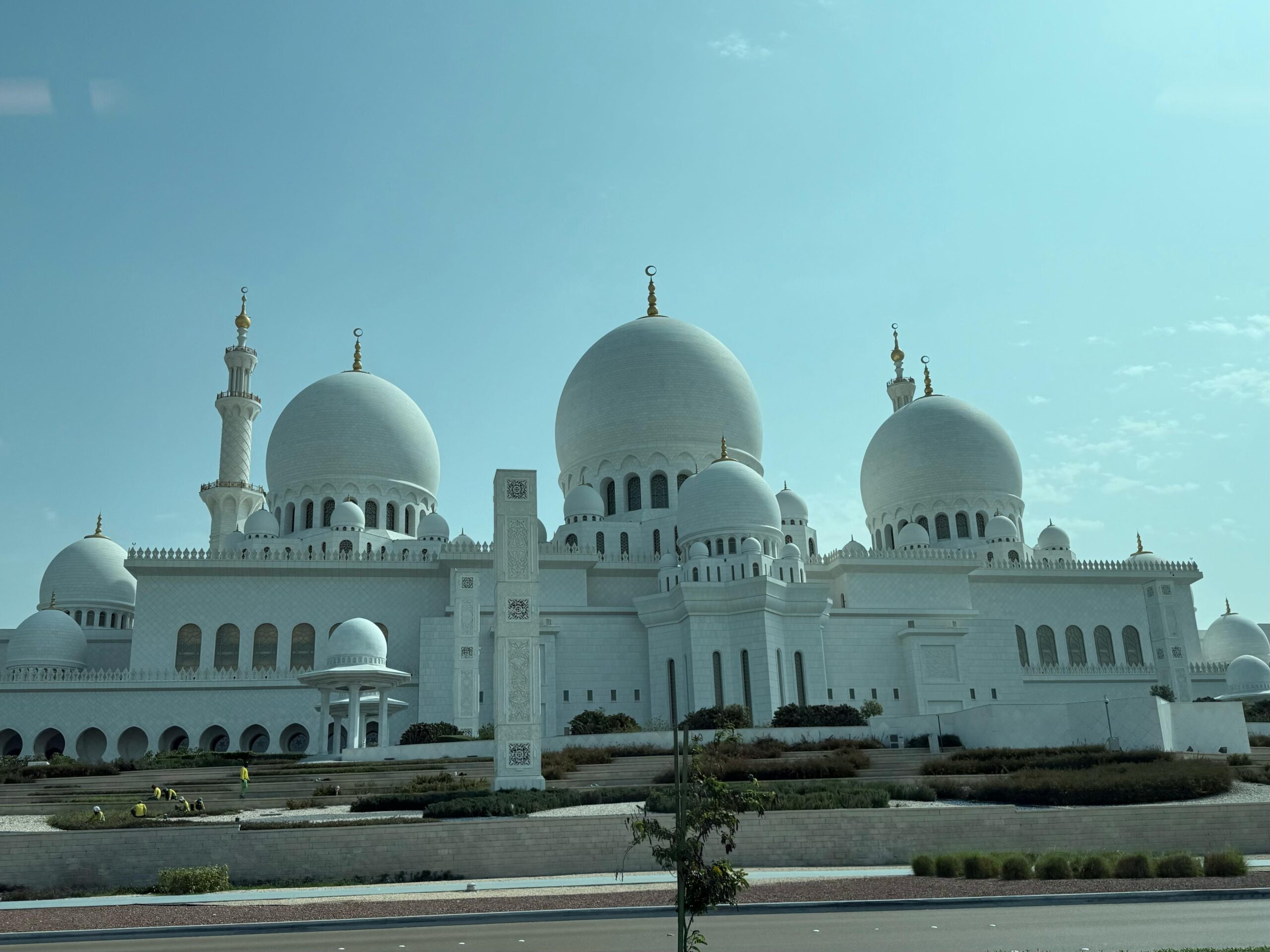In a momentous meeting today, Sheikh Meshal Al-Ahmad Al-Jaber Al-Sabah, the Emir of the State of Kuwait, warmly received H.H. Sheikh Mansoor bin Mohammed bin Rashid Al Maktoum, the President of the UAE National Olympic Committee. Sheikh Mansoor’s visit to Kuwait was part of his participation in the 37th meeting of the Presidents of the Olympic Committees of the Gulf Cooperation Council (GCC) countries, an event that highlights the importance of sports diplomacy in the Gulf region. This visit exemplifies the ever-strengthening relationship between the United Arab Emirates (UAE) and Kuwait, two nations that share a deep-rooted bond of friendship and cooperation.
During the meeting at the prestigious Bayan Palace in Kuwait City, the leaders discussed a range of topics, focusing on the growing sports cooperation between their nations, the importance of fostering regional unity, and the pivotal role sports play in building bridges between cultures and peoples. The meeting also reaffirmed the longstanding ties of friendship between the people and governments of both nations, a relationship that spans centuries and continues to evolve through mutual respect, shared goals, and common aspirations.
A Warm Welcome in Kuwait
Upon arrival at Bayan Palace, Sheikh Mansoor was received with warm hospitality by His Highness Sheikh Meshal Al-Ahmad Al-Jaber Al Sabah. The Emir of Kuwait expressed his deep appreciation for the UAE leadership, its government, and people. He highlighted the historic relationship between Kuwait and the UAE, noting that their ties are based on trust, respect, and shared values. Sheikh Meshal’s words conveyed the strong cultural, political, and economic bonds that have united the two Gulf nations for generations.
Sheikh Mansoor, for his part, reciprocated with heartfelt gratitude for the warm welcome extended to him and his delegation. The Sheikh expressed his immense pleasure in visiting Kuwait, a country with which the UAE shares a rich history of cooperation. He emphasized how meaningful the visit was for him personally, as it served to reinforce the friendship and solidarity between the two countries, particularly in the realm of sports.
The importance of such meetings cannot be overstated, as they not only symbolize diplomatic goodwill but also foster deeper collaboration in various sectors, including sports, culture, and commerce. Through such exchanges, both nations strive to strengthen their joint efforts to elevate their positions on the global stage.
Diplomatic Greetings and the Strong UAE-Kuwait Relationship
During the meeting, H.H. Sheikh Mansoor conveyed to His Highness the Emir of Kuwait the warm greetings of the President of the UAE, His Highness Sheikh Mohamed bin Zayed Al Nahyan. Additionally, he passed on the regards of His Highness Sheikh Mohammed bin Rashid Al Maktoum, the Vice President, Prime Minister, and Ruler of Dubai. These messages underscored the deep affection and respect that the leadership of the UAE holds for the Emir of Kuwait and his people.
Sheikh Mansoor’s gesture served as a reminder of the longstanding and deeply-rooted ties between the UAE and Kuwait, which have been built on cooperation and mutual respect. This relationship, rich in cultural exchanges and shared values, continues to flourish as both nations work toward common goals in the political, economic, and sporting arenas.
The importance of strong diplomatic relations between the UAE and Kuwait cannot be overstated. These bonds have been instrumental in shaping the political landscape of the Gulf region. The two countries have worked together on numerous regional and international fronts, including efforts to maintain regional stability, promote economic prosperity, and advocate for global peace.
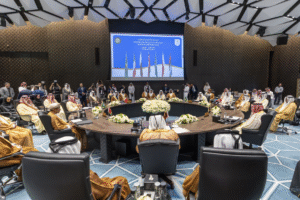
The Role of the Gulf Cooperation Council (GCC) in Regional Sports
One of the key aspects of Sheikh Mansoor’s visit was his participation in the 37th meeting of the Presidents of the Olympic Committees of the GCC countries. The Gulf Cooperation Council, established in 1981, is a political and economic alliance of six member states: Saudi Arabia, the UAE, Kuwait, Bahrain, Qatar, and Oman. The council works together to promote economic integration, regional security, and cultural exchange among the member states.
The meeting of the Olympic Committees highlighted the role of sports in fostering unity and understanding between the countries of the GCC. As sports have become an increasingly vital tool for diplomacy, the leaders present at the meeting emphasized the importance of collaboration and the need to support athletes across the region. The event also underscored the collective desire to enhance the global standing of GCC nations in sports by creating more opportunities for athletes to excel on the international stage.
The GCC has a proud tradition of sporting excellence, and the Olympic Committees play a crucial role in shaping the region’s sporting landscape. By hosting such meetings, the GCC member states continue to solidify their commitment to advancing the region’s athletic capabilities and supporting the ambitions of their athletes.
Strengthening Ties through Sports Diplomacy
Sheikh Mansoor’s visit is a prime example of how sports diplomacy can act as a bridge between nations. The UAE has long been a supporter of sporting initiatives across the region, using sports as a way to engage with other nations, promote peaceful coexistence, and inspire youth to strive for excellence. Through his participation in the meeting of the Olympic Committees, Sheikh Mansoor demonstrated the UAE’s commitment to enhancing regional cooperation and fostering a unified sports culture in the Gulf.
Sports diplomacy plays a pivotal role in building stronger relationships among nations, and the Gulf countries are leading the way in this respect. The strong presence of the UAE National Olympic Committee, led by Sheikh Mansoor, at such regional meetings is a testament to the UAE’s commitment to sporting excellence and its leadership role in promoting collaboration and peace through sports.
Notable Attendees and Their Roles
Accompanying H.H. Sheikh Mansoor were key figures in the UAE sports and diplomatic sectors, including Dr. Ahmad Belhoul Al Falasi, the UAE Minister of Sport and Vice President of the UAE National Olympic Committee. Dr. Al Falasi has been an instrumental figure in the development of sports infrastructure in the UAE, and his presence at the meeting underscored the UAE’s ongoing efforts to enhance its sports sector.
Dr. Matar Hamed Al Neyadi, the UAE Ambassador to Kuwait, also attended the meeting. His presence highlighted the importance of diplomatic channels in strengthening the bilateral relationship between the two nations. As ambassador, Dr. Al Neyadi has worked tirelessly to build strong diplomatic ties between the UAE and Kuwait, focusing on issues ranging from trade to cultural exchange.
The delegation also included Faris Mohammed Al Mutawa, Secretary-General of the UAE National Olympic Committee. Mr. Al Mutawa’s participation in the meeting underscored the UAE’s commitment to ensuring the success of its athletes and its unwavering support for regional cooperation in sports.
A Shared Vision for the Future
In conclusion, Sheikh Mansoor’s visit to Kuwait and the subsequent meeting at Bayan Palace reflect the deep and enduring friendship between the UAE and Kuwait. The leaders of both nations continue to work together to foster collaboration in various fields, with sports serving as a key area of mutual interest. As the GCC countries work together to promote regional unity and elevate their presence on the global sports stage, the relationship between the UAE and Kuwait remains a cornerstone of success.
This visit serves as a reminder of the power of sports to bring nations together, foster peace, and inspire the next generation of leaders and athletes. The UAE’s commitment to sports diplomacy, exemplified by Sheikh Mansoor’s leadership, will continue to strengthen ties within the GCC and beyond, making it a shining example of how collaboration and mutual respect can lead to success on and off the field.

